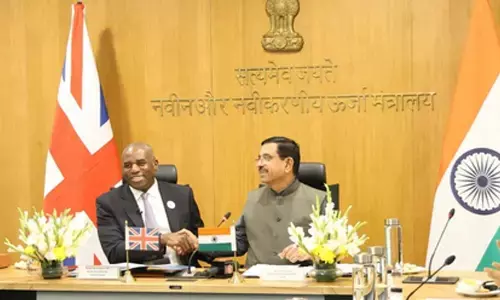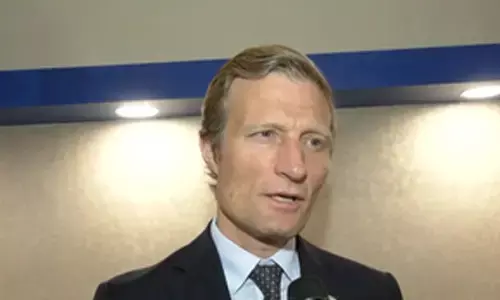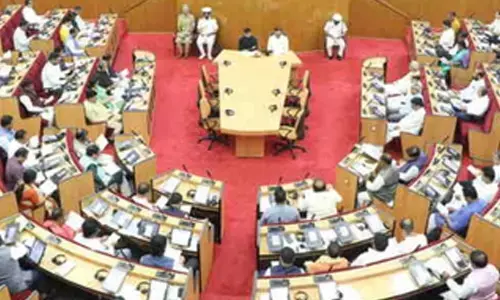Prospective batch pricing good for pharma industry

NPPA urged to exempt control formulations on products priced below Rs 5 per unit
Prospective batch pricing has been a long pending issue as regards the country’s pharmaceutical industry, which considers that this would go a long way in reducing cases of overcharging of medicines and also ensure ease of doing business. In fact, the pharmaceutical industry has petitioned the National Pharmaceutical Pricing Authority (NPPA) to implement prospective batch pricing when the drug price regulator revises prices of medicines. Whenever prices of scheduled medicines are revised downwards by the NPP, the revised price is made applicable with immediate effect, putting the pharmaceutical companies in quandary. It is obvious that overnight ceiling price implementation is not a practicable idea as pharmaceutical companies will find it literally improbable to inform and coordinate with over 10 lakh chemists and druggists spread across the nooks and corners of the country. The industry has voiced its concern on several occasions that even if a single retailer is found with one unit of formulation with a price higher than the ceiling price notified by the NPPA, then the pharma companies are held responsible and subsequently issued overcharging notices. This will lead to show cause notices and legal cases.
Pharma companies can enable the price change till the delivery points-C&F agents, depots and stockists- but will have no control over lakhs of chemists in the country leading to litigations even if one strip is found with the old rate with the chemists.
In such a background, prospective batch pricing can be a good solution. The drug price regulatory should enable such a pricing so that the notified ceiling price is effective from the next manufactured batch and is not applicable on the stocks manufactured prior to the notification. To overcome this genuine issue, it is suggested that para 2(e) of Drug Prices Control Order (DPCO), 2013 should be modified to delete the word ‘retailer’ from the definition of ‘dealer’ as the pharmaceutical companies have no control over prices charged by the retailers.
As per the current DPCO-2013, ‘dealer’ is a person carrying on the business of purchase or sale of drugs, whether as a wholesaler or retailer and includes his agent. Immediately after the price revision, each company intimates its C&F/super stockists and stockists and submits Form II and Form V price lists on the IPDMS site in accordance with DPCO guidelines. But unfortunately, even if a single strip of a scheduled formulation is found at a retail counter with a price higher than the notified price, the company is issued notices for overcharging despite the fact that the company has no direct agreement with the retailer.
As of today, ceiling prices once notified are effective immediately. It is not possible for pharmaceutical companies to intimate lakhs pharmacies overnight and asking them to comply with the revised price. Surely, it is beyond the scope and reach of any company.
Hence, the applicability of ceiling prices should be done from the immediate prospective batch towards compliance to Drug Prices Control Order-2013. Once this is done, this can be followed with submission of Form V by the manufacturers in the IPDMS 2.0, which should be considered as authenticated official information.
Besides prospective batch pricing, the industry has also been knocking on the doors of NPPA not to price control formulations having unit dose Maximum Retail Price (MRP) below Rs 5 to address the rise in manufacturing costs.








